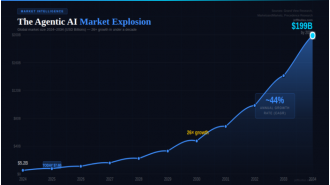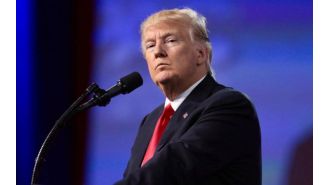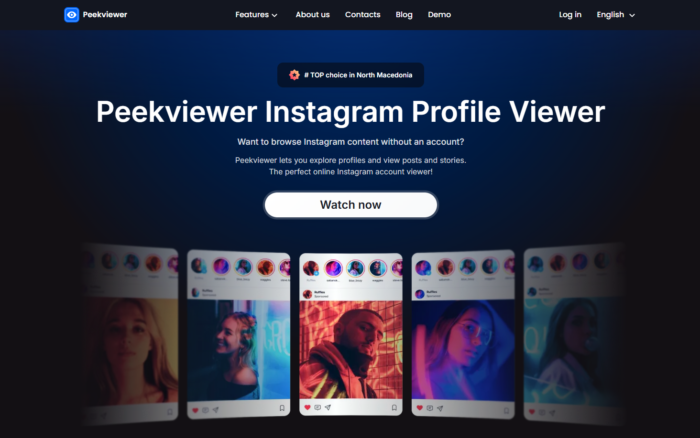A $10 billion cable is being planned to encircle the entire world.
A groundbreaking cable that will shock the world.

In exciting tech news, it has been reported that Facebook's parent company, Meta, is planning to lay a massive fiber optic cable under the sea in 2021. This cable will span over 40,000km, long enough to circle the entire world. The project is estimated to cost billions of pounds, but for Meta, it's a necessary investment to keep up with the ever-increasing demand for data on their social media and AI platforms.
According to sources close to Meta, the plans for this underwater cable have been confirmed this weekend. This is a first for the company, as they will be the sole owner and user of the cable. Entrepreneur and tech expert Sunil Tagare was the first to report on this project, describing it as a "game-changing cable that will shock the world." With a budget starting at $2 billion and potentially reaching over $10 billion, this cable is set to be a monumental undertaking for Meta.
Currently, Meta is already working on a massive internet cable project, the 2Africa cable, which aims to connect Africa and Europe seamlessly. However, this project is a joint effort with other companies, such as Vodafone and Orange. The new cable will be completely owned and operated by Meta, giving them more control over their infrastructure.
The details of this new cable are still in the early stages, with no physical components ordered yet. Meta is still working out the logistics of the project, including its route and functionality. It is expected that in early 2025, the company will confirm its existence and expected route.
Sunil Tagare claims that this cable, dubbed "W" for its circuitous route, will serve primarily India, which has a massive user base for Meta's platforms. The cable will take a route from the US East Coast to South Africa, then to India, and finally back to the West Coast of the US via Australia. This route avoids potential geopolitical risk areas, such as the Red Sea, the South China Sea, and Egypt.
Sunil also estimates that the first equipment will be lit in 2029 or 2030, making it operational for Meta's growing data needs. Other tech giants, such as Microsoft and Amazon, have also invested in underwater cables as they are the backbone of the internet, carrying 99% of the world's data traffic. In the UK, Google's Grace Hopper cable, which came online in 2022, connects New York to Bude in Cornwall, covering a distance of over 6,000km.
This cable has the capacity to handle 17.5 million people streaming 4K video concurrently. Google owns several other massive cables and has moved towards owning and operating them independently for more control over their infrastructure. With all this exciting news, one can't help but wonder if Google will also join the underwater cable trend and connect the same route that Meta is planning.
We'll have to keep an eye out for any updates from both companies. In the meantime, we have reached out to Meta for a comment and will update as we learn more about this exciting project.










